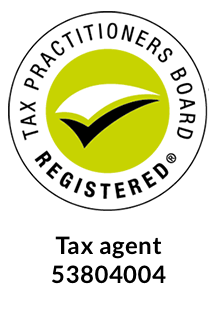2017 Federal Budget Update to Tax Depreciation Rules
On the 9th May 2017 the federal budget announced some substantial new rules relating to Tax Depreciation on properties. These rule changes were effective immediately and affect property investors who purchase second hand residential investment properties.
From 7.30pm on 9 May 2017, any investor who purchases a second hand residential investment property is not eligible to claim depreciation deductions on plant & equipment items (Division 40). These items are those typically found inside an investment property such as carpets, window blinds, cook top, oven, range hood, dishwasher & hot water systems, etc.
The new rules state that you will only be able to depreciate these items if you personally purchase and install them after you have settled on the property and produced rental income.
The Capital Works deduction (Division 43), which is the depreciation relating to the actual construction cost of the property remains the same and is still available on all properties as long as the property was originally built after 16 September 1987. Any improvements made to the property, by either yourself or a previous owner, are also depreciable and are able to be claimed as per normal (new painting, renovation of kitchens & bathrooms, etc),
For all new residential investment properties, where you are the first owner of the property, the rules have NOT changed in any way and these properties remain fully depreciable as per normal.
The rules do not change depreciation claims allowed for properties purchased prior to 9 May 2017 unless the property was held earlier but not rented until after 1 July 2017 (for example if the owner used the property as a primary place of residence and decides to rent property out after 1 July 2017).
Commercial properties are also not affected by the new rules and can be depreciated irrespective of whether they are new or existing (second hand).
The changes impact the majority of residential rental property owners including individuals, self-managed superannuation funds and most trusts and partnerships.
The restriction on deductions do not apply where the costs are incurred in carrying on a business or for corporate tax entities, superannuation funds other than self-managed funds, public unit trusts, managed investment trusts or partnerships or unit trusts including only these types of entities.


